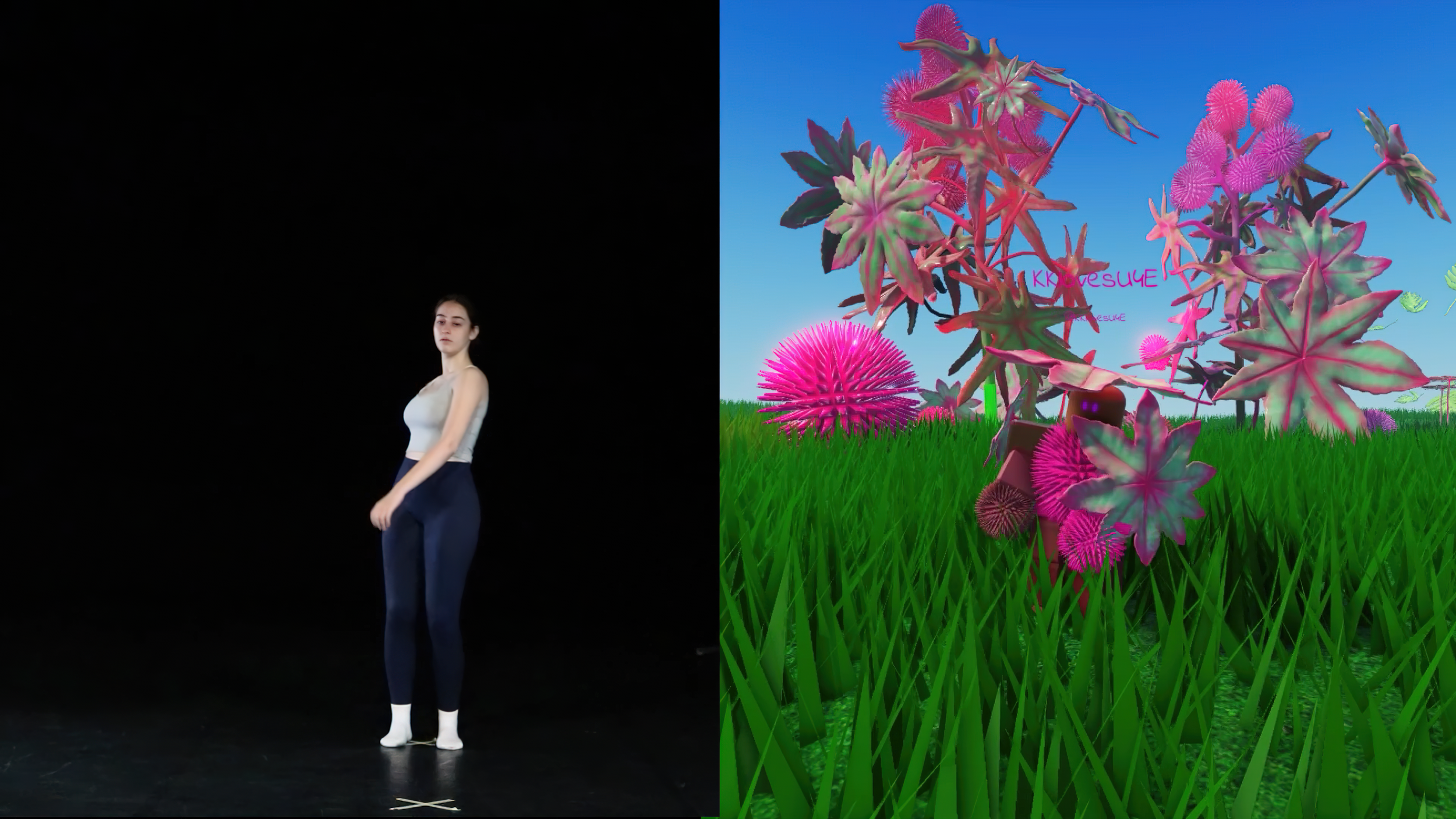THEY SHOOT HORSES, DON’T THEY?
Patreon-exclusive content
〰️
Patreon-exclusive content 〰️
Kamilia Kard’s latest project is both a point of departure and arrival. It is consistent with the artist’s ongoing study of parasociality and online relationships but, at the same time, it marks a new chapter in her exploration of the convergence between IRL practices and simulations through game-based technologies. Behind a facade of playful activities, this work is really about the toxicity of social media.
The project was inspired by Cao Fai’s performances within Second Life, a proto-metaverse that was introduced in the early Zeroes. While still active, Linden Lab’s virtual world has been superseded by other platforms, including video games such as Minecraft, Fortnite, and Roblox. Nonetheless, Fei’s pioneering work showed how people’s behavior online tend to become more aggressive and disinhibited due to the anonymity afforded by their avatars, a virtual mask. Fei noted that this anti-social behavior tends to increase when the avatar is not a realistic mimesis of the player. In other words, the more fictional the avatar, the most aggressive the user’s behavior becomes. Although anecdotal, Fei’s conclusions prompted Kard to examine Roblox, an online open-ended building game introduced in 2006.
Kard began experimenting with Roblox during the 2020 Covid-19 pandemic, which forced many countries, including (especially) Italy, under a regime of strict lockdowns. Popular among the young - children and teenagers - Roblox is often used as a virtual playground for socialization purposes. In her research, Kard followed a group of teenagers who were struggling to fit in and play according to the established conventions and the required etiquette. They had trouble finding the “right” outfit and costume, the “right” maps, the “right” cliques, and the “right” slang. In other words, according to Kard, an artist/ethnographer in virtual worlds, rather than introducing new, alternative ways of interacting compared to the “real world”, Roblox simply replicated the awkwardness and uncertainty of IRL relationships.
Matteo Bittanti
This is a Patreon exclusive article. To read the full text and access the content consider joining our Patreon community.


